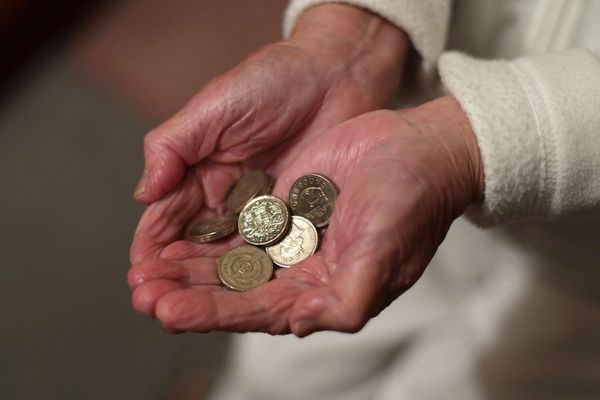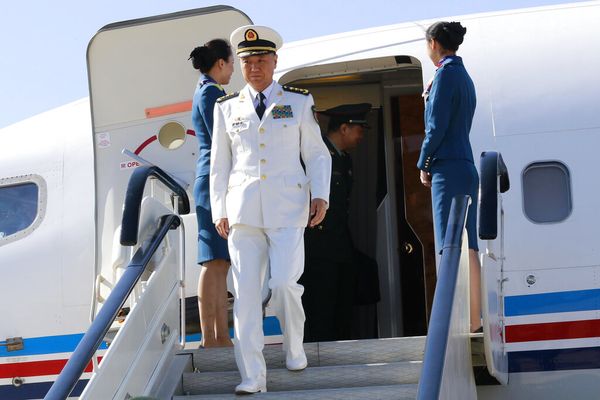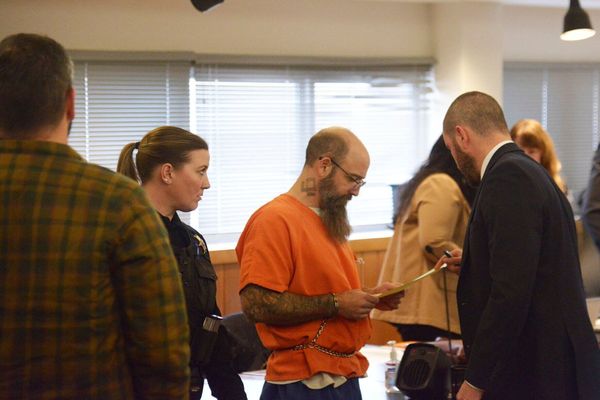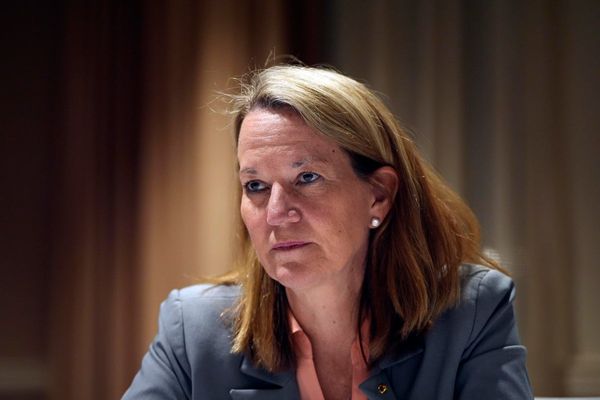
A recent incident involving the killing of a party official in Lebanon has sparked heightened tensions in the country, particularly along sectarian and political lines. The incident has raised concerns about the potential for further unrest and violence in the region.
The killing of the party official has been met with widespread condemnation from various political factions and community leaders. Many have expressed fear that this incident could escalate existing tensions and lead to further violence.
Lebanon has a history of sectarian divisions, with different religious and political groups often at odds with each other. The recent killing has exacerbated these divisions and has reignited long-standing grievances among various factions.



Political leaders in Lebanon have called for calm and restraint in the wake of this incident, urging all parties to engage in dialogue and work towards de-escalating the situation. However, there are concerns that the underlying tensions in the country may be difficult to resolve in the short term.
The international community has also expressed concern over the situation in Lebanon, with many calling for a peaceful resolution to the conflict. The United Nations and other organizations have offered their support in facilitating dialogue and promoting stability in the region.
As Lebanon grapples with the aftermath of this tragic incident, it is crucial for all parties involved to prioritize peace and unity. The killing of the party official serves as a stark reminder of the fragility of the situation in Lebanon and the urgent need for constructive dialogue and cooperation among all stakeholders.







